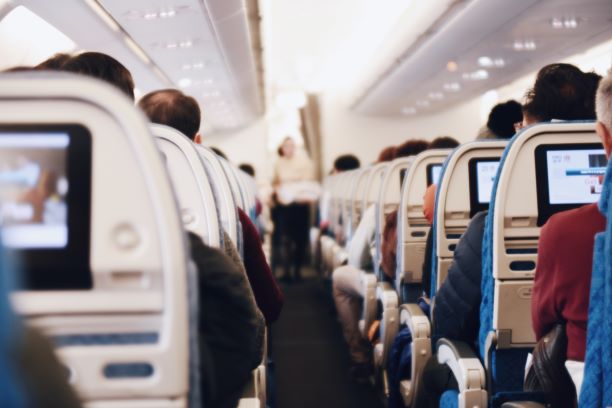Don’t come home yet, the National Task Force on COVID-19 (NTF) told overseas-based Filipinos today as the government continues to grapple with rising cases in the country.
Overseas-based Filipinos who are not working abroad (non-OFWs) were earlier banned from the country but the government backtracked and has decided to allow all citizens to enter. However, most foreigners will still be banned from March 22 to April 21.
“To Filipinos who want to come home, if you really can’t avoid coming home, you will be covered by the rules of the Commissioner of Immigration, on whether you will be allowed or not based on the existing [government] orders,” NTF spokesman Restituto Padilla said in an interview with ABS-CBN’s Teleradyo.
Read: Shut The Border: Foreigners, some returning Filipinos barred from entering PH
“You should check the website of the Bureau of Immigration but if you can choose to stay home [overseas] with your kids and you’re not in a hurry to come home, we advise that you postpone your trip. It’s a way of helping us in preventing the entry of new [COVID] variants,” Padilla added in English and Filipino.
Foreign seafarers, or those holding 9 (c) visas, are allowed to enter the country, as well as their family members as long as they hold the appropriate documents, Padilla said. Foreigners who are married to Filipinos or those who are children of citizens are also exempted from the ban, but they should have the correct visas. Foreign nationals who need to enter the Philippines for medical reasons are allowed, as long as they were endorsed by the government.
The ban is just the latest measure implemented to control the surge of COVID-19 cases, which experts said could reach 11,000 each day. Early this week, a 10pm to 5am curfew has been implemented in the National Capital Region, the epicenter of the pandemic in the country.
The country has the second-highest number of COVID cases in Southeast Asia, with 640,984 recorded as of yesterday, including 12,887 deaths and 561,530 recoveries. The Duterte government has started its vaccination program, the last in the region to do so.
The government has borrowed millions of dollars to fund its vaccination program but only donated vials of Sinovac and AstraZeneca have arrived in the country.




